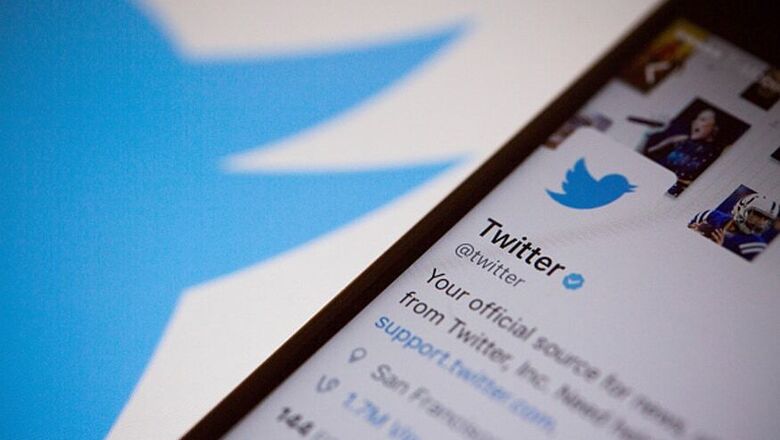
views
Washington: News stories on Twitter that are recommended by friends trigger more clicks, according to the first independent study of news consumption on social media.
Researchers at Columbia University in the US and the French Institute for Research in Computer Science and Automation (INRIA) have found that reader referrals drove 61 per cent of the nearly 10 million clicks in a random sample of news stories posted on Twitter.
Social media in 2014 overtook organic search as the top way people accessed content on the web, driving 30 per cent of all traffic.
However, despite the social web's growing influence, relatively little is known about how people consume news on these proprietary platforms.
Facebook and Twitter filter and personalise news for users and closely track the results, but because this data is fundamental to their advertising business very little is made public.
The researchers collected all the open data they could find - the number of Twitter's 280 million followers who potentially viewed and shared a news link shortened by the web app, Bit.ly, and how many clicks those links received.
From the one per cent of tweets made public by Twitter, the researchers picked all URLs linked to five news outlets during a one-month period last year.
The goal was to find out which stories in their sample of tweets would be shared and clicked on more: the less than 2 per cent of headlines news editors picked to promote from their official Twitter feed, or the headlines readers found on Twitter and shared themselves.
Though far more readers viewed the links news outlets promoted directly on Twitter, the study found that most of what readers shared and read was crowd-curated.
Eighty-two per cent of shares, and 61 per cent of clicks, of the tweets in the study sample referred to content readers found on their own.
The findings suggest that people are quicker to share, than read, news discovered on Twitter.
Though social networks commonly measure a story's popularity in shares, researchers found that 59 per cent of all links shared in their sample went unclicked, and presumably unread.
"People are more willing to share an article than read it. This is typical of modern information consumption," said Arnaud Legout, a research scientist at INRIA.
For those willing to read, the study finds that stories on Twitter have a relatively long shelf life. While more than 90 per cent of links in the study were shared within a few hours, most links were clicked on, and presumably read, much later; 70 per cent of clicks happened after the first hour, and a full 18 per cent happened in the second week, the study found.




















Comments
0 comment